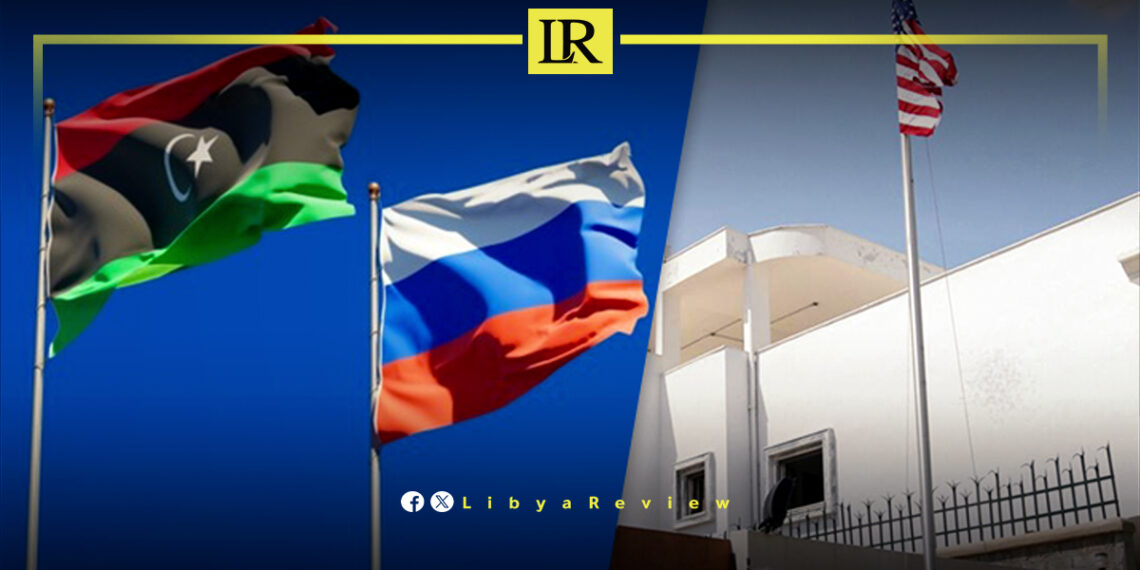Recent political movements by the United States in both eastern and western Libya have sparked questions about the objectives and timing of these actions.
The American movements involved visits by Assistant Secretary of Defense Celeste Wallander, Deputy Commander of the U.S. Africa Command (AFRICOM) Lieutenant General John Brennan, and the Chargé d’Affaires at the U.S. Embassy, Jeremy Brent, to Benghazi this past Monday. During their visit, they met with General Khalifa Haftar and several top commanders of the Libyan National Army.
According to the U.S. Embassy, the meetings discussed enhancing the growing partnership between the U.S. government and Libyan military forces throughout the country, in addition to supporting U.S. efforts to unify Libya’s security institutions, safeguard Libyan sovereignty, and promote stability.
The U.S. delegation then moved to Tripoli where they met with Prime Minister Abdel Hamid Dbeibeh, Chief of Staff Lieutenant General Mohamed al-Haddad, and other military leaders.
The U.S. Embassy noted that these discussions also focused on the growing partnership with the Libyan military, as well as the U.S. support for Libyan efforts to reunite the security institutions, protect sovereignty, and enhance stability.
Observers interpret the visit of the U.S. Assistant Secretary of Defense as part of a battle for influence between the United States and Russia in Africa, particularly in light of recent visits by the Russian Deputy Minister of Defense, Yunus-bek Yevkurov, to Eastern Libya, the latest of which was in June.
Analysts believe that the U.S. is making concerted efforts to find a solution to the Libyan crisis, motivated by concerns over Russian expansion in the region, which leverages the current division and security chaos in neighboring countries to broaden its regional footprint. Consequently, Washington aims to engage all Libyan factions to prevent or mitigate any future cooperation between Libyan components and Russia, especially since Moscow has significantly expanded its influence in recent years, particularly in the African Sahel region, at the expense of European influence.


